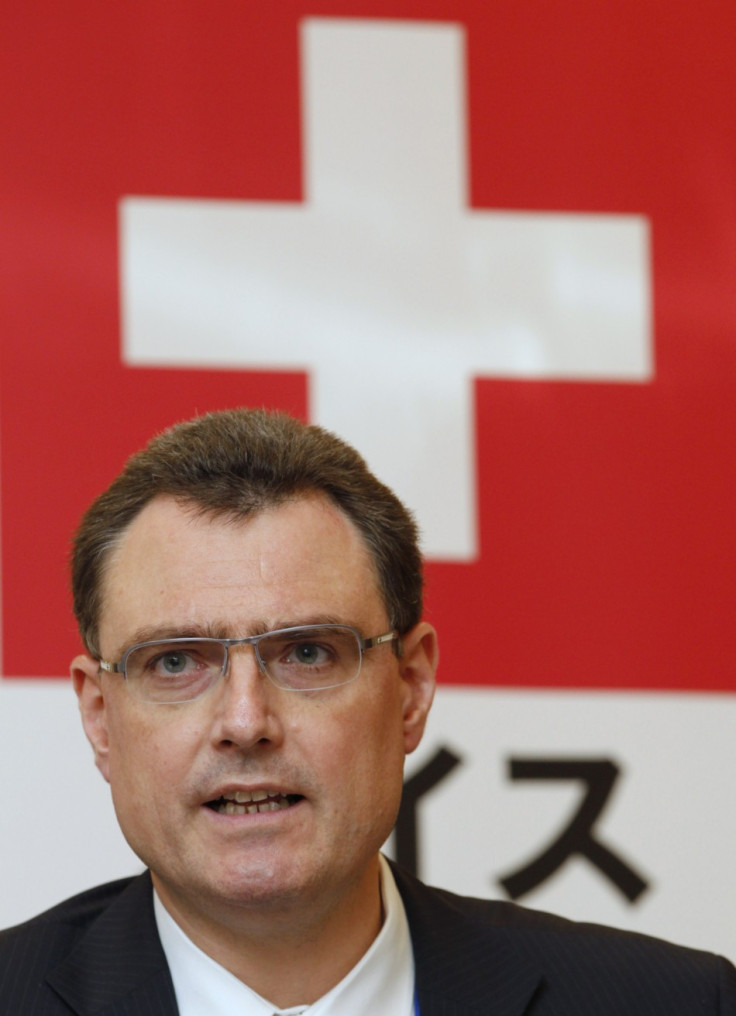Swiss National Bank Opens Singapore Branch

Switzerland's central bank will open a branch office in Singapore in order to better defend its explicit cap on the value of the Swiss franc.
The seven-member office will be up and running by the middle of next year, the Swiss National Bank (SNB) said in a statement published on its website Tuesday. The Bank currently operates from head offices in Zurich and Berne with satellites in six other Swiss cities including Geneva and Vaud-Valais.
"Against the background of the sharp expansion in foreign exchange reserves and the growing importance of Asian financial markets, the Swiss National Bank (SNB) has decided to open a branch in Singapore, to ensure a more efficient management of its assets in the Asia-Pacific region," the Bank said. "A local presence will allow the SNB to extend its coverage of markets in Asia, and will facilitate its round-the-clock operations on the foreign exchange market - for example, to enforce the minimum exchange rate."
The SNB is not the first to operate branches outside of its domestic jurisdiction. The Bank of Japan maintains offices in New York, Frankfurt, London Paris and Hong Kong while the Reserve Bank of Australia also operates representative offices in New York, London and Bejing. The Bank of Korea also has overseas branches in eight cities including Beijing and London.
Foreign currency reserves at the SNB grew to 424.8bn Swiss francs ($459bn/£286bn), a 70 percent increase from last year, the Bank said on 13 December.
"In 2010, the SNB had already expanded its basket of reserve currencies to include the Australian and Singapore dollars in addition to the Japanese yen. Since the first quarter of 2012, it has also been investing in the South Korean won. Further investment opportunities are also being examined - this includes both bonds and equities." the Bank said in its statement.
The SNB has spent hundreds of millions of francs in an explicit attempt to maintain a cap on the value of the franc against the European single currency of 1.20. The SNB says speculative flows into the franc, particularly during the peak of the European sovereign debt crisis, have overvalued the currency and acted as a drag on the export-dependent economy. The Swiss government trimmed its own estimate of GDP growth for next year to 1.3 percent from a previous assessment of 1.4 percent. The SNB expects an advance of between 1 percent and 1.5 percent.
"The downside risks for the Swiss economy remain considerable," said SNB president Thomas Jordan. "Production capacity in Switzerland will probably remain underutilized in 2013. The rate of unemployment is likely to rise further.
"Global uncertainty will persist for the foreseeable future and drive demand for secure investments. As a result, the exchange-rate situation will remain fragile, despite the calmer environment that has come about as a result of the measures taken by the ECB. We cannot exclude the possibility that we will have to intervene substantially again."
© Copyright IBTimes 2025. All rights reserved.

















